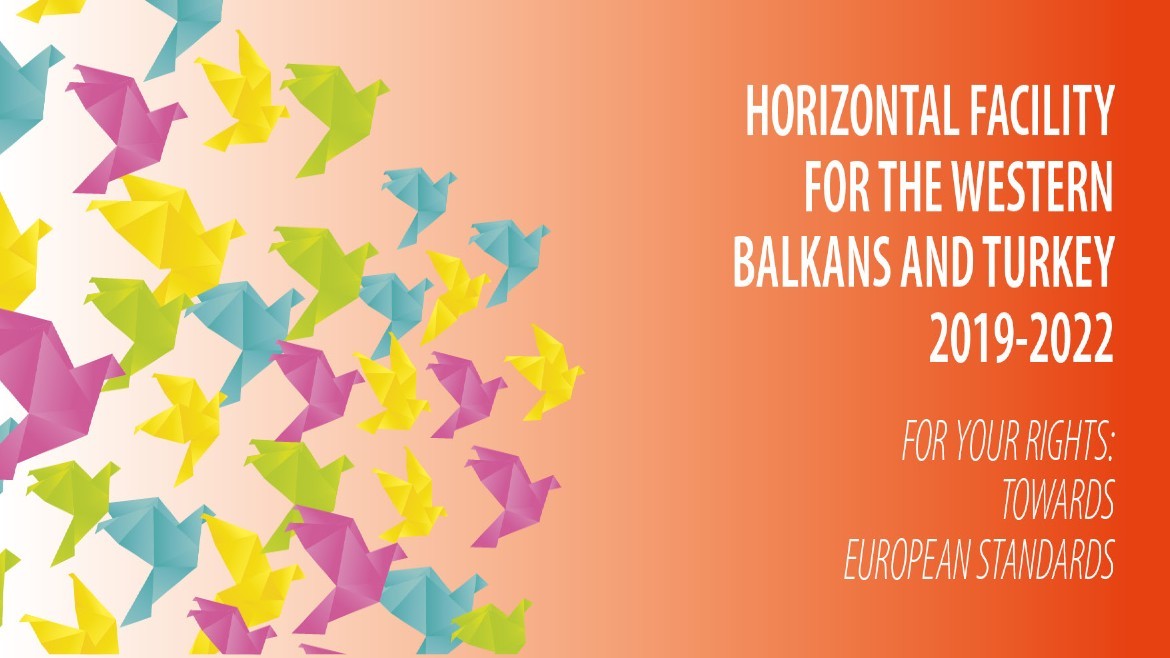30 November 2020, the European Union and the Council of Europe organised an international webinar on “Administrative Data Collection and Analysis on Violence against Women and Domestic Violence”. This activity was part of the joint programme “Horizontal Facility for the Western Balkans and Turkey 2019-2022”, funded by the European Union and the Council of Europe. The Council of Europe in co-operation with Turkey’s Ministry of Family, Labour and Social Services, the Ministry of Justice and the Ministry of Interior carried out the webinar.
The webinar aimed to increase awareness and understanding of the need to collect better data on violence against women in line with European standards, including the Council of Europe Convention on Preventing and Combating Violence against Women and Domestic Violence (the Istanbul Convention).
The Head of the Council of Europe Programme Office in Ankara, Cristian Urse, highlighted in his opening remarks that data collection is essential for evidence-based policy making and developing an effective response to violence against women and domestic violence. “Turkey has taken important steps to meet the Council of Europe’s standards in this field as a party of the Istanbul Convention” he said.
The Council of Europe’s Group of Experts on Action against Violence against Women and Domestic Violence (GREVIO) calls for improved data collection systems to make crimes against women more visible to the public. As for Turkey, GREVIO recommends improving the collection of gender-disaggregated administrative data by law-enforcement bodies and criminal courts and health professionals. Data related to protective and preventive measures taken under Law No. 6284 on combating violence against women, should be also collected in line with the applicable standards on protection of personal data, GREVIO recommends.
For example, in Austria the minimum administrative data which needs to be collected by public authorities includes the sex of victim and perpetrator; age; their relationship; type of violence and geographical location. The session on “inter-agency approaches to data collection and dissemination” looked in depth at two country examples, i.e. Austria and Sweden and promising practices for the effective protection and support of victims.
Meral Gökkaya, Head of the Victim’s Rights Department of the Ministry of Justice also referred to their work “to support more comprehensive and integrated data collection by the judiciary” to better combat violence against women in Turkey.
The event was organised in the framework of the action “Fostering a comprehensive institutional response to violence against women and domestic violence in Turkey”.





